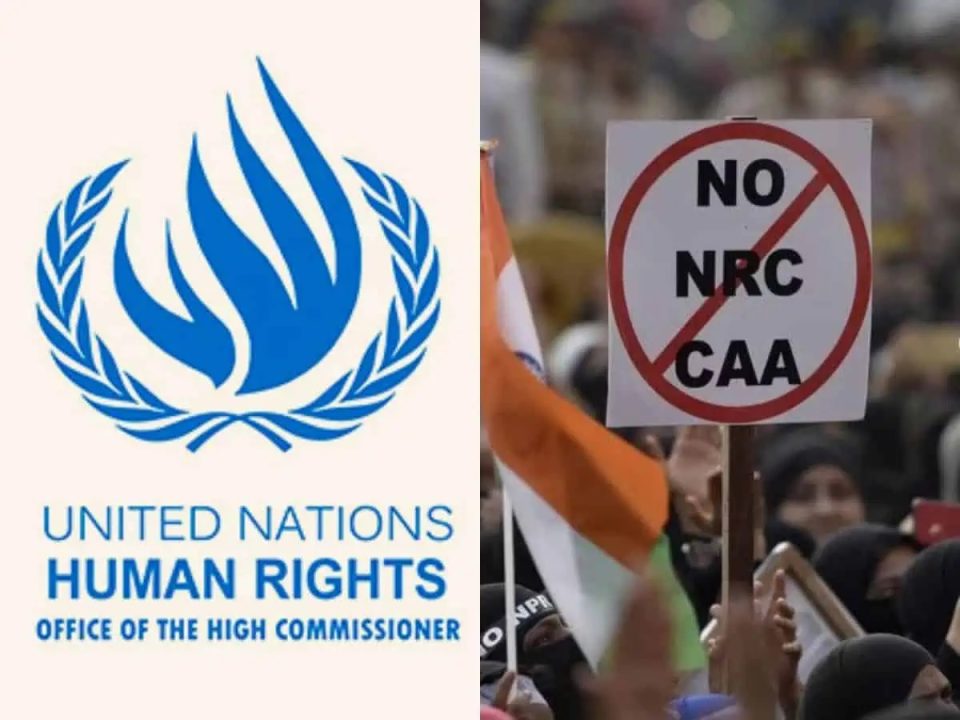‘Fundamentally discriminatory in nature’: UN, US, Amnesty express concern over CAA
 Islamabad: The United Nations, the United States, and Amnesty International have severely criticized the contentious Citizenship Amendment Act (CAA) after the Modi-led Indian government issued notification of rules for its implementation.
Islamabad: The United Nations, the United States, and Amnesty International have severely criticized the contentious Citizenship Amendment Act (CAA) after the Modi-led Indian government issued notification of rules for its implementation.
According to Kashmir Media Service, a spokesperson of the Office of the UN High Commissioner for Human Rights told Reuters, “As we said in 2019, we are concerned that CAA is fundamentally discriminatory in nature and in breach of India’s international human rights obligations.”
The official added that his office was studying whether the implementation of the law complies with international human rights law.
Similarly, the United States expressed concerns. “We are concerned about the notification of CAA on March 11. We are closely monitoring how this act will be implemented,” a state department spokesperson told Reuters separately. “Respect for religious freedom and equal treatment under the law for all communities are fundamental democratic principles,” the spokesperson added.
On the other hand, Amnesty International said the operationalisation of the CAA is inconsistent and incompatible with India’s international human rights obligations.
“The Citizenship Amendment Act is a bigoted law that legitimises discrimination on the basis of religion and should never have been enacted in the first place. Its operationalization is a poor reflection on the Indian authorities as they fail to listen to a multitude of voices critical of the CAA – from people across the country, civil society, international human rights organizations and the United Nations,” said Aakar Patel, chair of the board at Amnesty International India.
Four years after the anti-Muslim Citizenship Amendment Act (CAA) was enacted, the Narendra Modi government on Monday, March 11, notified necessary rules for the law to be implemented. Without rules being framed, the Act could not be implemented.
The CAA aims to provide citizenship to Hindus, Parsis, Sikhs, Buddhists, Jains and Christians from India’s Muslim-majority neighbours – namely, Pakistan, Afghanistan and Bangladesh – and who arrived in India before 2015.
The exclusion of Muslims from the provisions of the legislation and fears that it would disenfranchise many Muslims in India when combined with the National Register of Citizens (NRC) had drawn widespread protests from thousands of citizens across India. Several civil society groups and opposition party leaders in India have also criticised the Act, saying that it discriminates against Muslims. However, despite the opposition, protests and violence that ensued, the BJP government notified the law in December 2019.








